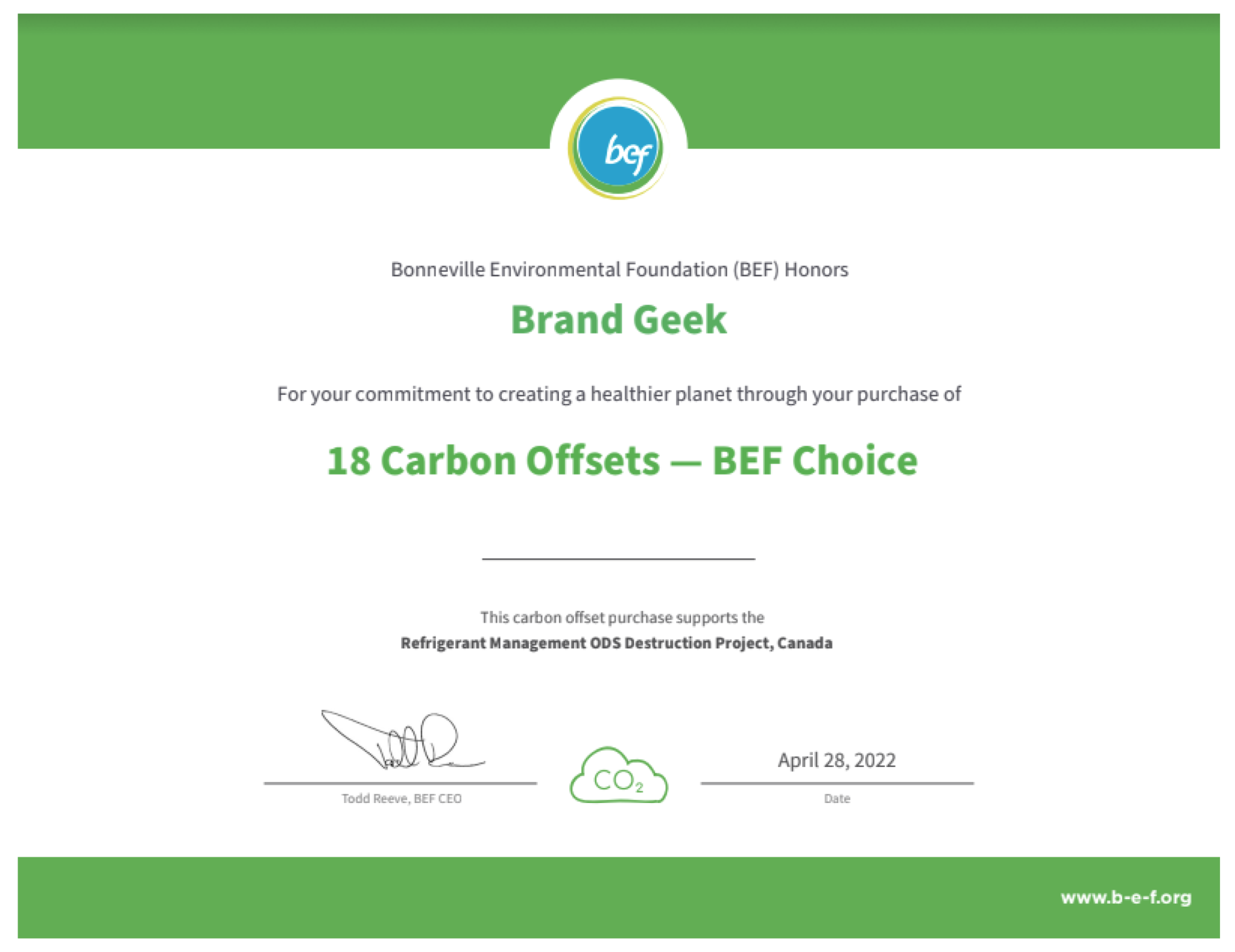Brandgeek proudly supports Mountain Area Preservation and is humbled to be…
TED 2012 Examines the Courtroom
TED spreads ideas. So much so that TED’s tagline is Ideas Worth Spreading. TED is an acronym for Technology, Entertainment & Design, though it also could be an acronym for Totally Engaging Dialogue or Terrifically Entertaining Dweebs or Truly Engaged Dream-makers or . . . For the past two winters I’ve missed a week of fresh powder while attending TED. For every turn I missed, I made a friend.
Richard Saul Wurman held the first TED Conference in 1984. The second TED conference occurred in 1990 and it has been an annual event ever since that time. Since 2001, TED has been under the care of the Sapling Foundation — a non-profit organization founded by Chris Anderson in 1996. Under Anderson’s curation, TED expanded from an annual conference to three annual conferences, plus a website where over 1,100 TED Talks can be seen and downloaded, an annual TED Prize, a TED Fellows program and multiple projects, including the Open Translation Project, the Open TV Project, Ads Worth Spreading and TED-Ed. Admirably, Chris does not draw a salary from TED or take any portion of its profits. TED is Chris’s gift to the community.

This year’s TED Conference theme was Full Spectrum. According to the TED website this, “[i]s a term we’ve adapted to mean the rich use of multiple technologies, formats and approaches for the most powerful possible impact on an audience.” I attended TEDActive in Palm Springs again this year. Was it powerful? Yes! How? Community! Plain and simple. Everyone I met or heard speak at TED is doing something to benefit the world. Around 1/3 of the people at Active were TEDx Organizers, helping spread ideas across college campuses, cities and even Fire Departments (hell yeah Greg Apodaca and the LAFD!!). Among the amazing people I met were students, teachers, marketers, artists, designers, entertainers, engineers, doctors, lawyers, financiers, entrepreneurs and at least one innerpreneur.
Having practiced law for the past 13 years, perhaps it is unsurprising that my favorite Session, Session 8, was called The Courtroom. It was hosted by Chris Anderson on Day 3 and featured TED Talks by
Jim Stengel, Sherry Turkle, Tali Sharot, Taylor Wilson and Bryan Stevenson, whose TED Talk is already on TED.com here. A jury was assembled onstage and asked each speaker one question after their presentation and before voting on whether the speaker was persuasive (I think everyone was found persuasive, though some more than others).
Jim Stengel was the first to address the TED jury, sharing a moving story about his brother Bob. Bob was the most generous and empathetic person Jim’s ever known, effortlessly putting others first throughout his life. Bob’s death from leukemia in 2008 caused Jim to leave his comfortable position as Global Marketing Officer of Proctor & Gamble for the unknown wilds of businesses driven by ideals. Jim used Lindt chocolate, Method products and Petrobas technology as examples of companies living their ideals, which in turn causes them to flourish. Jim believes a shift in consumer consciousness is occurring simultaneously with a shift in increasing desire for professional enrichment. Jim asked us to consider and discuss what it would take for those within our organizations to bring their passion and enthusiasm to work, and how much different and better the workplace would be for that. It’s undoubtable that happy people perform better at work. It stands to reason that the more support we get for passionate engagement at work, the more our companies and we will thrive. Community also is important not just at work but in our lives in general.
Sherry Turkle spoke next about being alone together — texting, checking in, posting, etc. while in the company of others — which actually can cause us to feel more alone (ironic, no?). Sherry believes that the risks people take in “real time” conversation create connections that cannot be fostered through electronic communication. Her research revealed that people prefer electronic communication for three main reasons: (1) they can engage with others on their own schedule; (2) they feel they’ll always be heard; (3) they feel they’re not alone. Although Stephen Colbert once challenged Sherry to consider whether all those little tweets don’t add up like little snips to one big conversation, she declined to see it that way. Instead, she encouraged us to accept that being alone is not a problem to be solved. Rather, our capacity for solitude is the same thing that enables us to connect deeply with others. Sherry encouraged us to create sacred spaces for conversation both at home and work and to really listen to one another (“even the boring bits.”) While technology has the power to connect and isolate us all at the same time, it is up to us how we choose to use it and it isn’t too late for us to choose wisely. Sherry’s optimistic outlook on technology was a perfect segue into Tali Sharot’s talk.
Tali explained why our brains are biased towards optimism, a topic she addresses in her book, The Optimism Bias. Tali’s research revealed that many of us believe that our personal future will be far better than our past or present (good news for all of us, and especially those of us who’ve had it pretty good thus far!). Samuel Johnson summed this up when he stated that “Remarriage is the triumph of hope over experience.” According to Tali’s research, most of us remain optimistic about ourselves and our families, while believing that we are more interesting, attractive, honest, modest and amiable than the average Joe (sorry, Joe.) She also found that optimists always fared better than pessimists when anticipating a future event, regardless of whether the outcome of that event was positive or negative. And if that weren’t reason enough to be optimistic, Taylor Wilson is.
Taylor is a 17 year old nuclear physicist who’s proving that kids can change the world. He built a nuclear reactor at age 14, which now lives at the physics department at the University of Nevada Reno (the same university where I previously taught IP law in the MBA program). Taylor describes himself as “obsessed with all things nuclear and radioactive.” His website is Taylor’s Nuke Site and I suspect he’s either working for the Feds, or he’s wildly lucky not to be locked up, unlike Bryan Stevenson’s clients.
Bryan has devoted his life to helping those who are locked up or risk becoming so. Through his non-profit, Environmental Justice Initiative, Bryan has successfully challenged unfair and excessive sentences and exonerated death row inmates. Brian talked about the power of identity in life in general and especially in the U.S. criminal justice system. As Bryan explained it, the U.S. penal system treats you much better if you are rich and guilty than if you are poor and innocent; wealth, not culpability, shapes outcomes in the U.S. court system. Bryan convincingly suggested that the opposite of poverty is not wealth, rather it is justice. Think about that. The opposite of poverty is justice. That’s a powerful statement about the failings of our criminal justice system if it can even be called that; perhaps criminal injustice system is more apt.
Moved by Bryan’s mission, TEDsters united in real time to optimistically raise over $1,200,000.00 to support the Environmental Justice Initiative. That is just the kind of thing that TED is all about.
 I am often asked, “What is TED?” TED is a global community of people who make a difference in the world. I am grateful to be a part of TED.
I am often asked, “What is TED?” TED is a global community of people who make a difference in the world. I am grateful to be a part of TED.




Comments (0)